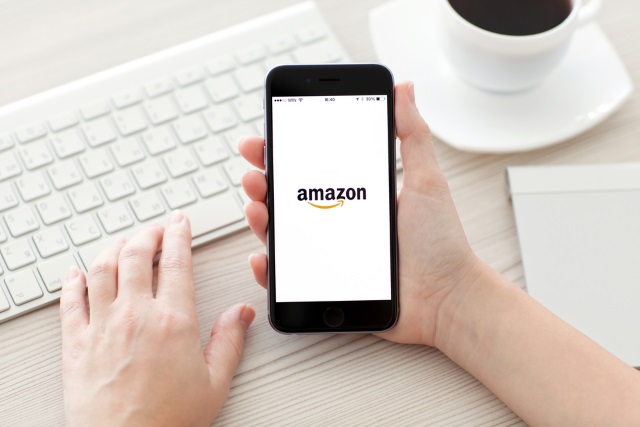
Europe demands €250m in tax from Amazon, sues Ireland for Apple's €13bn tax bill
The European Union has ordered Amazon to repay €250m ($294m) after it ruled that the retailer was granted illegal state aid by Luxembourg. The tax advantage dates back to 2003, but Amazon says that it is considering making an appeal.
At the same time, the European Commission has announced that it is going to sue the Irish government for failing to collect €13bn ($15.3bn) in tax from Apple. The Irish government will need to defend itself in the European Court of Justice for failing to gather money from the iPhone-maker following a 2016 ruling by the commission.

Get 'LinkedIn For Dummies, 4th Edition' ($13 value) FREE for a limited time
LinkedIn is your number-one personal branding tool, and this friendly guide shows you how to harness it to build connections and relationships -- and stand out in the world's largest professional network.
LinkedIn For Dummies walks you step by step through creating an eye-catching profile and demonstrates how to successfully expand your reach by connecting with colleagues, customers, and like-minded individuals from around the globe.

59 percent of business processes could be automated by 2022
According to a new survey of IT decision makers in the US and UK, 59 percent of business processes could be automated within the next five years, with 70 percent believing that robotics have become more of a priority.
The study from robotics specialist Redwood Software identifies the key benefits of automation as speed of process and reduction of manual effort, while the key risks are security and cost.

Microsoft announces Samsung HMD Odyssey Windows Mixed Reality headset, acquires AltspaceVR
At a Windows Mixed Reality event in New York City, Microsoft and Samsung joined forces to reveal the latest addition to the range of Windows Mixed Reality headsets. Samsung's offering seems to be rather more impressive than others that have been announced.
The Samsung HMD Odyssey offers a slightly higher resolution and wider field of view than other headsets. It also features integrated headphones and can be adjusted to suit varying eye gaps. Microsoft also announced that it has acquired virtual reality startup AltspaceVR.
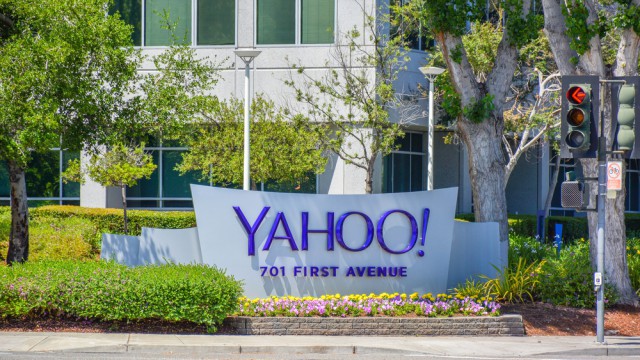
Update: every single Yahoo user was affected by 2013 data hack
The massive data theft from Yahoo in 2013 is even bigger than first thought. It was big enough when it was believed to have affected around a billion users, but Yahoo has now provided an update indicating that the number is in fact three billion. Or, to put it another way, every single Yahoo user.
Yahoo, now part of Oath, has issued a statement in which it stresses that the updated figure does not represent "a new security issue" and that plaintext passwords were not accessed. The biggest data breach in history just got even bigger, and it's going to take a lot for Yahoo, Oath and Verizon -- the new owner -- to move on from it.

SteelSeries Arctis 3 gaming headset now available in blue, grey, and red
Both PC and console gaming are wildly popular nowadays -- people even game professionally. Who would of thought in the early days of, say, "Pong," that people would eventually earn money for playing games? Crazy, right? Well, that is the the state of the world nowadays. Heck, gaming tournaments are even getting exposure on television -- TBS, for instance, broadcasts them weekly every Friday night.
To better enjoy their video games, consumers often purchase gaming peripherals and accessories, such as mice, keyboards, and game pads. For many, a headset is also a popular purchase, as it can let them either trash-talk opponents or communicate with teammates. SteelSeries makes many types of gaming peripherals -- including headsets -- and today, it announces that the popular and affordable Arctis 3 is now available in three new limited edition colors -- blue, grey, and red. Best of all, when you buy this headset in one of the new colors from SteelSeries' web store, the company will donate 10-percent to "Ditch the Label" -- an organization with a mission to stop bullying.

Western Digital announces HGST-branded Ultrastar Hs14 14TB enterprise SMR HDD
Western Digital makes a damn good hard disk drive. The company's quality is legendary -- it is a popular choice for both home and the enterprise. I am currently testing one of the company's latest external offerings -- a 20TB monster aimed at home users and enthusiasts.
But what about the enterprise? Don't worry, Western Digital is focused on business users too. In fact, today, it announces an enterprise hard disk drive with a massive 14TB of storage capacity! This is the largest capacity enterprise HDD ever, and follows its 12TB offering. Called "Ultrastar HS14," the helium-filled drive uses HGST (a subsidiary of WD) branding. This drive isn't just attractive because of its large capacity, however -- it is also very power efficient.
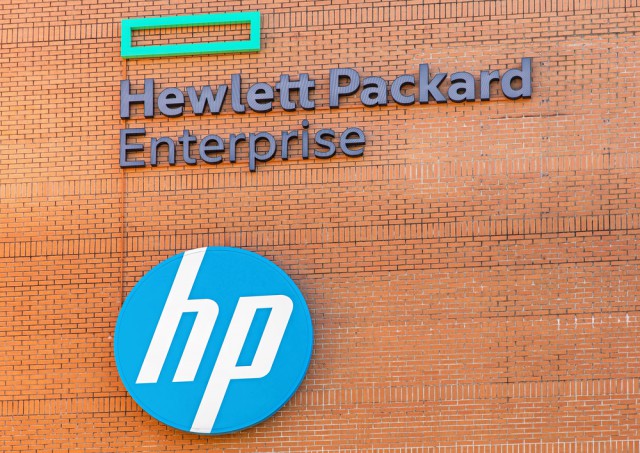
HPE gave Russia access to Pentagon security software
HPE has come under fire over claims that it gave Russian defense forces access to review software it sold to the Pentagon to supposedly protect the agency's networks.
According to regulatory records seen by Reuters, HPE gave Russian defense agencies access to its ArcSight software as part of a bid to gain the certification needed to sell its software to the Russian public sector.
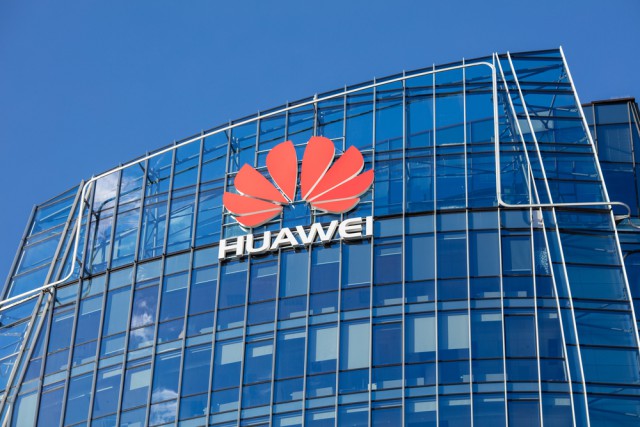
What is Huawei's boundless computing concept about?
In a world where more and more things are becoming smarter and more connected, the need for solid, reliable infrastructure to support this has become paramount. The HPC (high-powered computing) industry will play a vital role in providing this support, supplying the hardware needed to ensure that all the world’s vital systems remain online, all the time.
Huawei has been investing heavily in the HPC market in recent months, with the company’s standalone cloud computing division growing rapidly since its launch in 2015. However the company is now looking forward to the next step beyond, and has coined a new term to cover this -- what it calls "boundless computing."
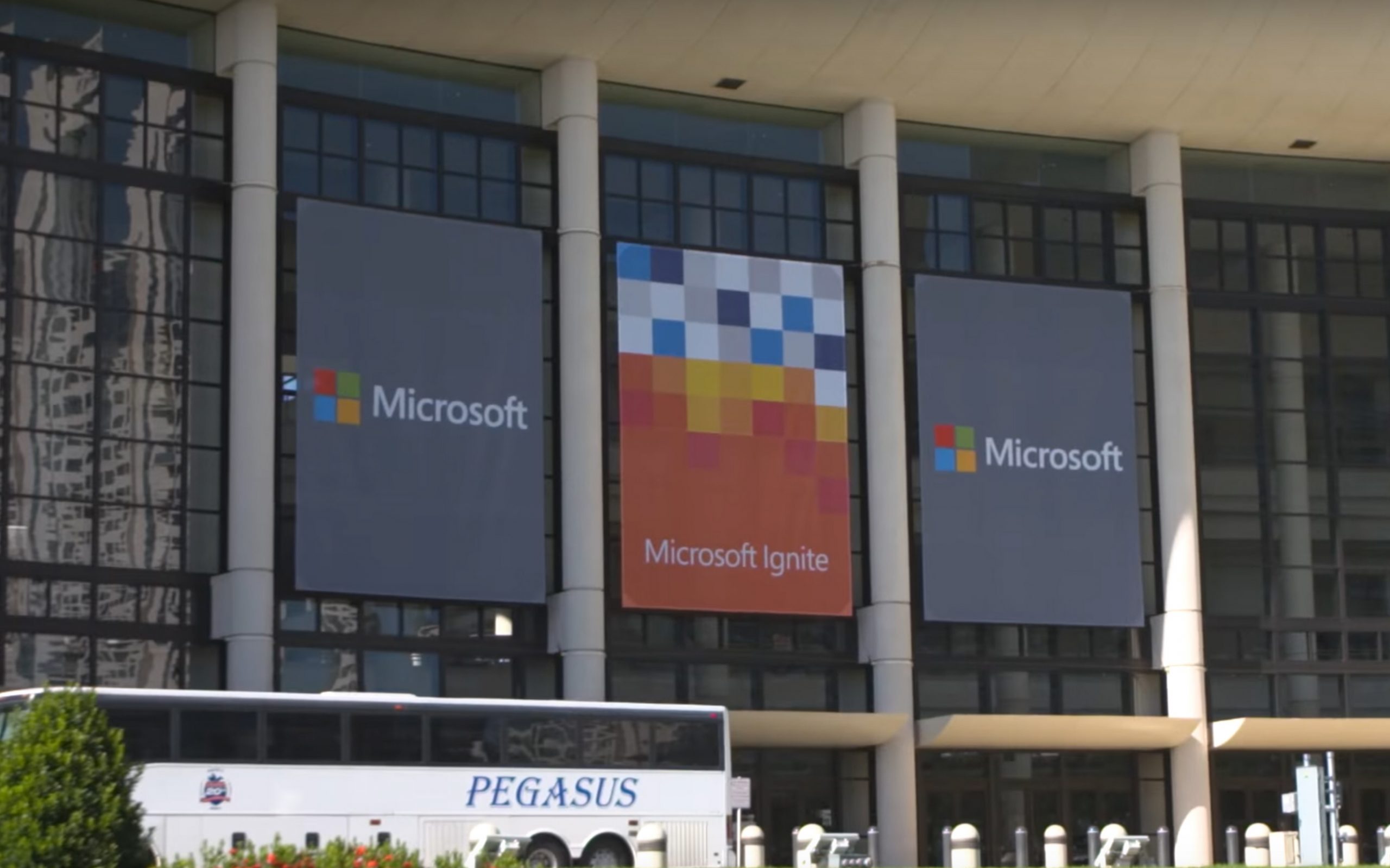
5 big reveals from Microsoft Ignite 2017
Thousands of Microsoft professionals took over Orlando, Florida recently to attend Microsoft Ignite -- the Comic Con for those making a living in the IT sector. While the event is a fantastic networking and relationship-building opportunity for those working with Microsoft technology, it is also an excellent platform for important announcements and new product launches from the software giant itself. This year was no exception.
Here we have compiled some of the most interesting announcements from the event, including some fascinating insights into the future of cloud services; both the technology soon to become available, and the people who are set to use it.
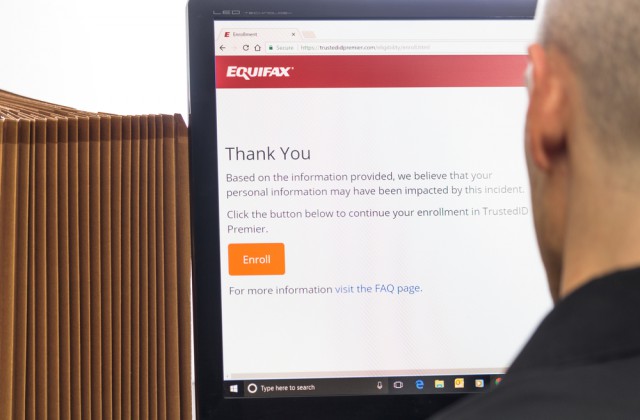
Equifax data breach may be state-sponsored
The Equifax hack that saw data of millions of Americans compromised might as well have been state-sponsored, new media reports have claimed .
As the investigation unfolds, reports have started coming out that some elements of the attack point to a state-sponsored play, although nobody is pointing any fingers.

SEC goes after two ICOs over fraud
Bitcoin and other cryptocurrencies may be set to face more scrutiny from law authorities following a landmark case in the US.
The Securities and Exchange Commission (SEC) has raised its first ICO-related lawsuit, charging businessman Maksim Zaslavskiy with fraudulently running two initial coin offerings (ICOs).

10 tips to minimize data loss after a storm
As tech users, our primary concern is the durability of our devices and their longevity. With the hurricane season continuing its wrath, I have provided ten quick recommendations to minimize data loss on damaged storage devices after a storm. This can be anything from mobile phones and tablets to computer equipment.
In addition, as business professionals, educating employees ahead of time on preparation and best practices for data will significantly improve the possibility for a successful data recovery. It is imperative that preparation is a top priority for businesses and employees. Investing in a strong business continuity program will benefit you and your employees, particularly when it comes to data recovery. Some might be surprised by the fact that data loss is mostly caused by incorrect precautions taken rather than the actual damaged devices themselves.

Get 'Coding for Dummies' ($16 value) FREE for a limited time
No coding experience is required for Coding For Dummies, your one-stop guide to building a foundation of knowledge in writing computer code for web, application, and software development.
Using foundational web development languages like HTML, CSS, and JavaScript, it explains in plain English how coding works and why it's needed.

Kodi calls for TVAddons to be shut down
If you’re a Kodi user then you’ll no doubt be familiar with TVAddons. The site hosts many of the best unofficial Kodi addons around and is a must-visit for many users.
TVAddons has had a lot of well-documented legal problems lately, but received an unexpected boost from digital rights group the Electronic Frontier Foundation (EFF), which came out in support of the site a few days ago. But while TVAddons might have a lot of supporters, one organization definitely isn’t a fan -- Kodi itself.



